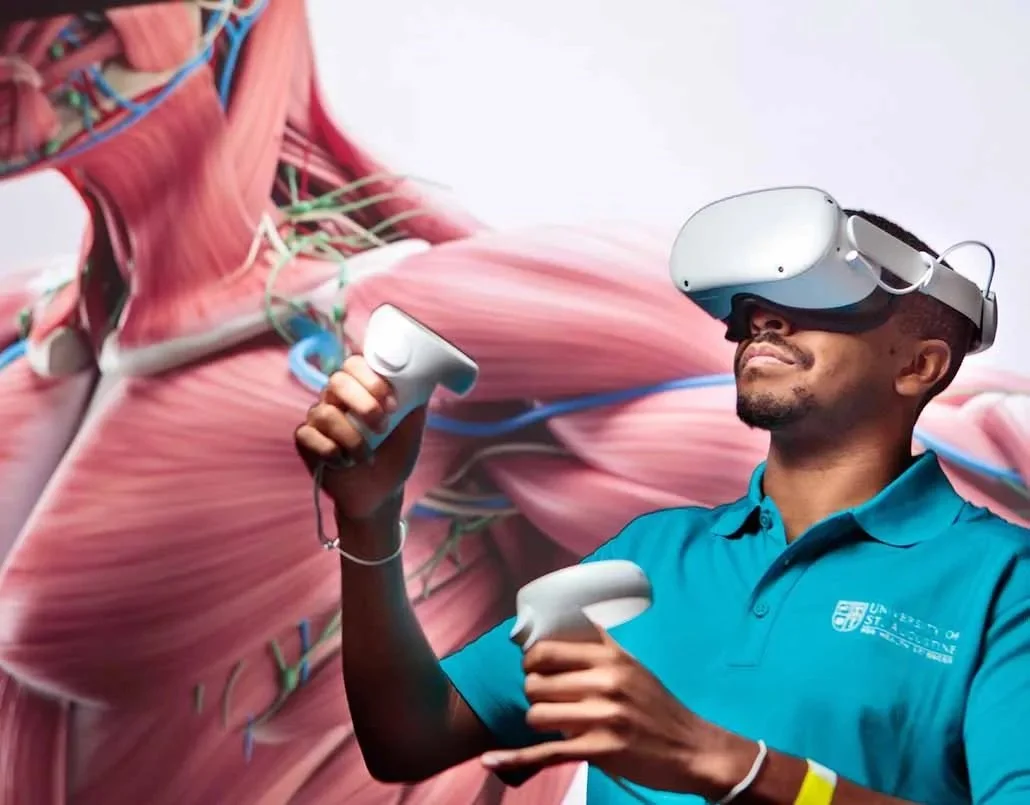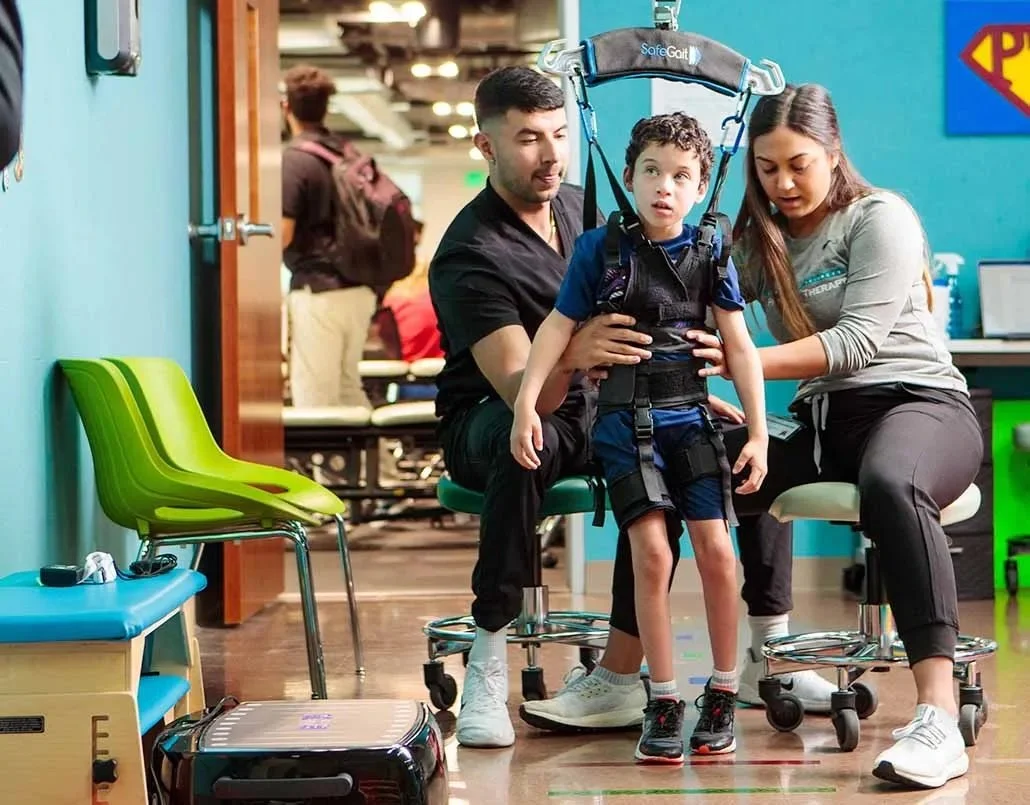Community Spotlight: University of St. Augustine for Health Sciences
Bridging Academia and Community Through Innovative Partnerships
The University of St. Augustine for Health Sciences (USAHS) has long been recognized for its commitment to preparing compassionate, practice-ready clinicians in physical therapy, occupational therapy, and related health professions. Central to its mission is an emphasis on experiential learning—bringing students into direct collaboration with community organizations to apply evidence-based principles in real-world settings. Now, through its innovative partnership with the Unified Esports League (UESL), USAHS students are gaining unparalleled real-world experience in using video games and technology as therapeutic modalities for individuals with intellectual and developmental disabilities (IDD).
A Culture of Collaboration
At USAHS, interprofessional education isn’t confined to the classroom. Through its Community Partnership Initiative, students engage with schools, rehabilitation centers, sports teams, and nonprofit agencies across California and the broader United States. These partnerships allow future therapists to observe established practitioners, assist with program delivery, and design small-scale research projects that inform best practices. Whether working alongside adaptive sports leagues or telehealth start-ups, USAHS students graduate not only with clinical expertise but also with a deep appreciation for teamwork and community impact.
Experiential Learning Meets Data-Driven Care
At the heart of the USAHS–UESL collaboration is a shared mission: to explore how structured gaming activities can generate meaningful medical insights. Over weekly site visits to UESL’s San Diego arenas, USAHS students deploy custom assessment tools—both embedded in software and conducted by observation—to track three core domains:
Motor Coordination: By programming specific in-game challenges (e.g., precision pointing tasks, reaction-time drills), students capture millisecond-level response data. Early results indicate a measurable uptick in hand-eye coordination after just four weeks of twice-weekly sessions.
Social Engagement: Leveraging game-based surveys and live interaction coding, students quantify peer-to-peer exchanges, turn-taking behaviors, and collaborative problem-solving. These measures help illustrate how inclusive, coach-led gaming environments can boost clients’ comfort and communication skills.
Postural Control: Through motion-capture add-ons and therapist-led posture assessments, USAHS students observe how tailored ergonomic coaching—paired with periodic in-game posture prompts—can reduce forward-lean angles and neck strain during play.
These insights feed directly into capstone research projects, where students analyze aggregated data to recommend scalable adaptations for school-based and clinic-based therapy programs.
Empowering Research with Real-World Impact
By embedding service-learning opportunities within UESL’s innovative model, USAHS not only enriches its curriculum but also empowers students to contribute meaningful insights to the broader IDD community.
Under UESL’s expert coaches, USAHS students witness adaptive methods in action:
Coaches adjust controller sensitivity and on-screen prompts to match each client’s sensory profile.
Virtual reality modules, developed in collaboration with USAHS faculty, simulate real-world environments where clients practice balance, navigation, and social tasks.
Postural feedback tools—such as wearable sensors that vibrate when a client slouches—are evaluated by students for efficacy and client comfort.
This hands-on exposure reinforces best practices in interprofessional care and underscores how technology can be seamlessly woven into therapeutic regimens.
From Observation to Impact
By combining classroom theory with UESL’s breakthrough programming, USAHS students leave with more than clinical competencies—they gain an insider’s view of program evaluation, research design, and community partnership management.
A Collaborative Vision for IDD Empowerment
The USAHS–UESL alliance exemplifies what’s possible when academic rigor meets compassionate innovation. As students graduate into careers as physical and occupational therapists, they carry forward a vision of healthcare that embraces adaptive gaming, data-driven practice, and unwavering commitment to the IDD community. Together, USAHS and UESL are not only transforming therapy—they’re charting a path to deliver life-changing support to millions of individuals and families.




